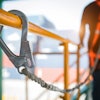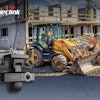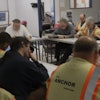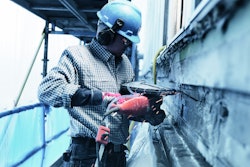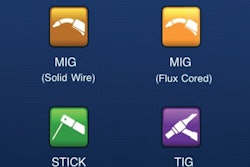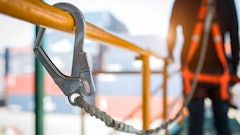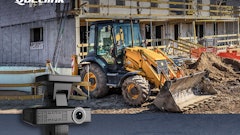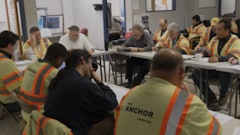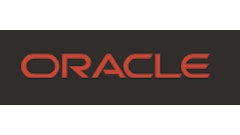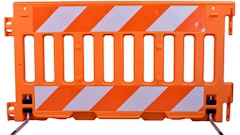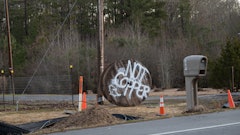CLEARWATER, FL -- The Concrete Sawing & Drilling Association (CSDA), through its alliance with the Occupational Safety and Health Administration (OSHA), announces the release of a new Best Practice entitled Hearing Conservation (CSDA-OBP-1008). In addition, CSDA has also released two additional Best Practices entitled Establishing and Maintaining the Work Area (CSDA-BP-011) and Mechanical Anchors (CSDA-BP-012). The release of these three documents brings the Association's series of Standards, Specifications, Tolerances and Best Practices to 30.
Noise exposure is widely recognized as a commonplace hazard in sawing and drilling operations. However, it is often ignored because there are no visible effects. CSDA-OBP-1008 is the seventh Best Practice produced by the OSHA/CSDA Alliance. It provides employers and employees with important information about hearing conservation.
CSDA's Standards and Specifications Committee has worked with other industry experts to create two additional Best Practices on the subjects of work area maintenance and mechanical anchors. Each person entering into a concrete sawing and drilling work area must exercise the highest degree of personal safety and comply with all basic safety standards. CSDA-BP-011 covers key elements like electrical safety, fire prevention and personal protective equipment -- all things that should be considered when in the work area.
Mechanical anchors of different types are used by concrete sawing and drilling contractors on jobsites to mount and secure cutting equipment. Two of the most common types of anchors in use in the industry are drop-in anchors and wedge type anchors. It is important for operators to understand how to use anchors safely to avoid potential accidents, which is why CSDA has released CSDA-BP-012.
To view these three new Best Practice documents, visit www.csda.org and click on Standards, Specifications, Tolerances and Best Practices on the right side of the home page. For more information on these, or any other CSDA Best Practices, call 727-577-5004 or email [email protected].
